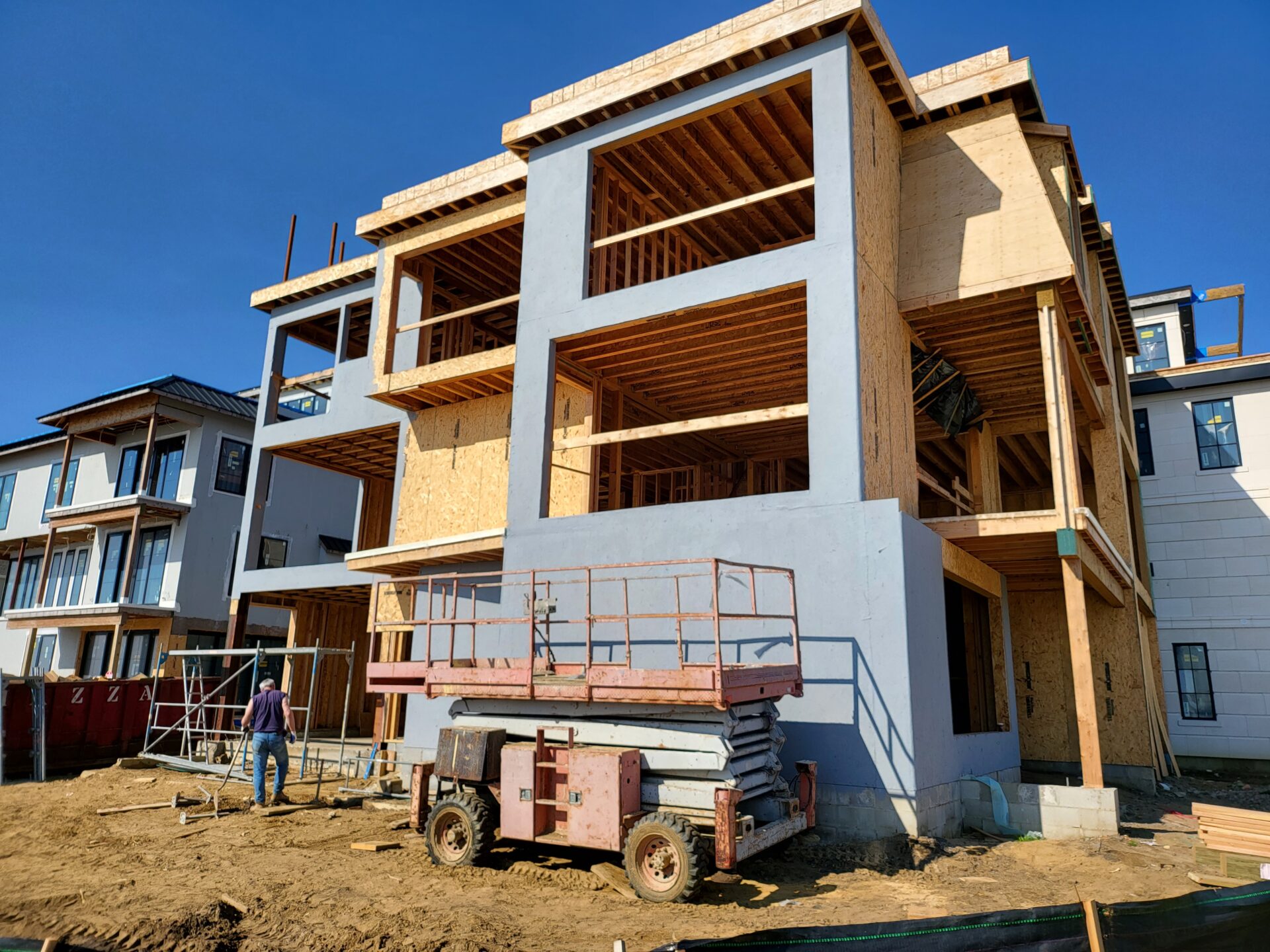Whether you’re in the process of starting new construction or in a renovation, you might be required to have a third-party special inspector on your team. Special inspections are an essential part of any construction project because they are required by the governing codes and enforced by townships to ensure that the work being performed is following all the approved plans and specifications during the process of construction.
When Do You Need Special Inspections?
Special inspections are not necessary in all work being performed on a structure; they are only required for certain types of construction work. If the work being performed on a building was designed by a professional engineer or an architect, it most likely will need a third-party special inspection to confirm that the work is done correctly. So how do you know if your project will need a special inspector?
Special inspection requirements vary from state to state. In NY, Special inspections are required every time the Department of Buildings is involved in application and permit approvals. The designers on file for a project will determine what type of special inspections will be necessary; a list of special inspection requirements is added to the construction documents submitted to the Department of Buildings. Once everything is approved, the owner of the project will have to hire a third-party inspector to provide oversight of the work and ensure quality in materials and workmanship. The contractor cannot hire the inspector to avoid a conflict of interest.
In New Jersey, requirements vary depending on the township in which the project is located. In this state, designers decide what inspections their projects will need; however, township inspectors make the final call when approving any plans or projects under construction.
Whether you’re in the process of starting new construction or in a renovation, you might be required to have a third-party special inspector on your team. Special inspections are an essential part of any construction project because they are required by the governing codes and enforced by townships to ensure that the work being performed is following all the approved plans and specifications during the process of construction.
When Do You Need Special Inspections?
Special inspections are not necessary in all work being performed on a structure; they are only required for certain types of construction work. If the work being performed on a building was designed by a professional engineer or an architect, it most likely will need a third-party special inspection to confirm that the work is done correctly. So how do you know if your project will need a special inspector?
Special inspection requirements vary from state to state. In NY, Special inspections are required every time the Department of Buildings is involved in application and permit approvals. The designers on file for a project will determine what type of special inspections will be necessary; a list of special inspection requirements is added to the construction documents submitted to the Department of Buildings. Once everything is approved, the owner of the project will have to hire a third-party inspector to provide oversight of the work and ensure quality in materials and workmanship. The contractor cannot hire the inspector to avoid a conflict of interest.
In New Jersey, requirements vary depending on the township in which the project is located. In this state, designers decide what inspections their projects will need; however, township inspectors make the final call when approving any plans or projects under construction.
What To Expect from a Third-Party Special Inspector?
Before hiring anyone for the job, make sure to choose a company that has a certified special inspector or is a certified special inspection agency approved for the work you will need inspected and that they can sign off on all the inspections that the project requires. Once ready to hire, the third-party inspector will provide owners of the project with a proposal outlining the scope of services they will offer.
When construction is underway, the most crucial element for success is communication between the agency and the contractors performing the work. Contractors must notify the inspector when work is ready for inspection; if they fail to do this, the inspector will not be able to sign off on work because they have not done all the necessary inspections. That will slow down the process of construction and it’ll be costly to the owner because things may have to be redone.
During the process of construction, the agency is hired to do on-site inspections of work being performed such as welding, bolting, masonry, concrete placement, and others. During these visits, they ensure quality control by reviewing the material being used, making sure that the individual doing the work is licensed, and that the physical work is following plan specifications and codes. They are also responsible for any material testing and reviewing and reporting the results of these tests.
After inspections are performed, special inspectors are required to report their findings. They must let contractors know when there are any unconformities while on site so that these are corrected quickly. Contractors must then let engineers know when these issues have been addressed and the agency must review these corrections before submitting a final report. The special inspectors final signed and sealed report can be submitted to the Department of Buildings or township at the end of the project; this report states that the construction complies with all applicable codes and regulations and follows all approved plans. A certificate of completion will also be provided to the construction team after all inspections are finished and the work has no outstanding non-conformances open.
Do you need to hire a third-party special inspector for your project? Call Sabio Engineering Services at (929) 381-0300


